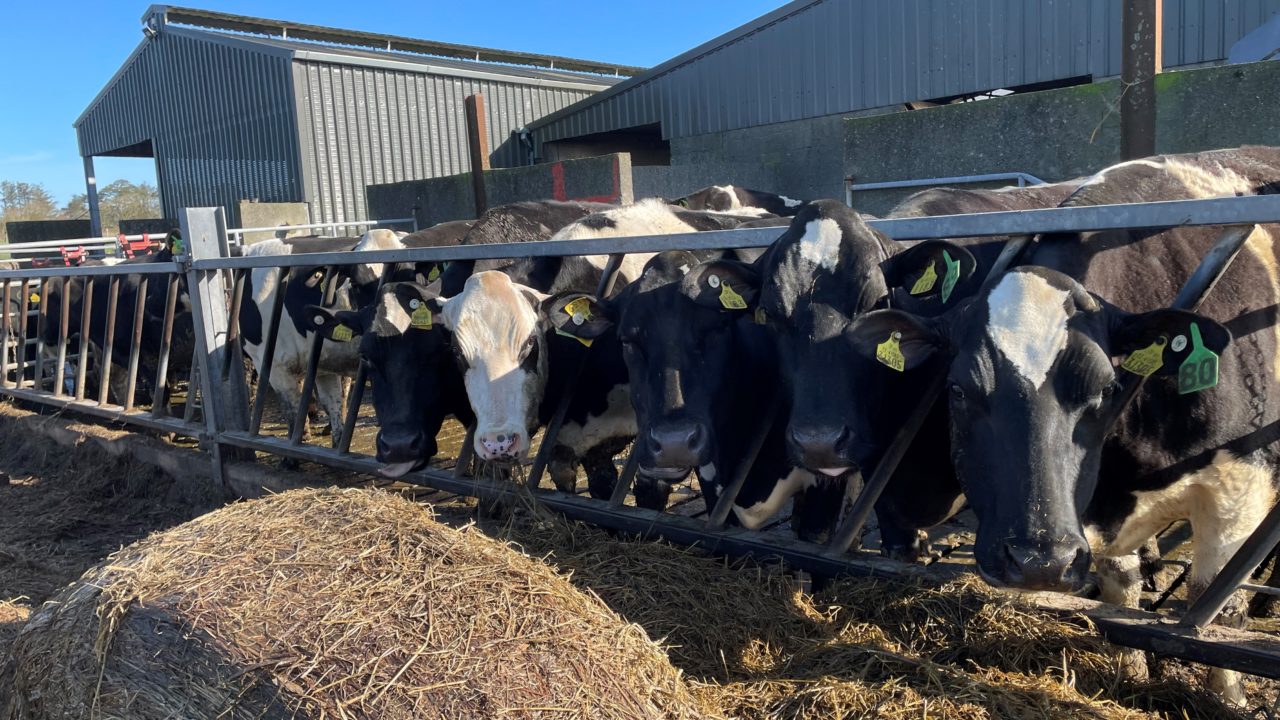Grass growth has fallen this week as the impact of the dry weather and lack of rain is starting to be felt on most farms.
The warm and sunny weather over the last number of weeks has resulted in a complete 180 for the situation on most farms.
A few weeks ago, farmers were hoping for it dry up and for the rain to stop – and now most are hoping that they get the rain that is forecast for the weekend.
With that said, a lot of farms are now in a position where average farm cover has dropped considerably and even if the rain does come, supplementary feeding will have to take place.
Grass growth
The latest figures from PastureBase Ireland show current growth rates of 54kg of dry matter (DM)/ha for Leinster, 53kg of DM/ha for Munster, 61kg of DM/ha for Connacht and 61kg of DM/ha for Ulster.
Compared to last week these growth rates have dropped between 15kg of DM/ha and 9kg of DM/ha.
Grass growth is predicted to decrease slightly over the coming days, with 46kg of DM/ha forecast for Leinster, 50kg of DM/ha for Munster, 47kg of DM/ha for Connacht and 42kg of DM/ha for Ulster.
This is again, a considerable drop compared to what is currently being seen on farms.
Supplementation
As mentioned, for many farms, supplementary feed will have to be introduced to cows to help maintain farms covers.
Any high-quality silage bales that are present on the farm should be used to slow down cows and help average farm cover to build.
If you get rain over the weekend or early next week it will still take a few days, if not a week before you will see the benefit of it.
This means that supplementary feeding will need to continue for that period.
In terms of knowing when to stop, there are a couple of things to be aware of.
If you stop too early, you will to have to reintroduce feed again down the line as once again, average farm cover will get too low.
But if you continue to feed for too long, grass is going to get too far ahead, quality will drop and you’re going to end up having to make a lot of bales.
The aim is to get the balance right to ensure that grass quality and milk production are not impacted.
